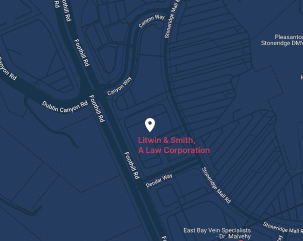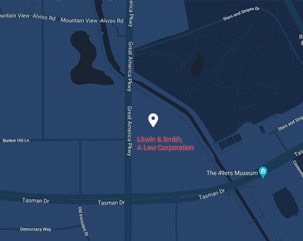The Trump administration issued significant concessions in August relating to immigration restrictions announced in June. The president signed an order on June 22, banning migrants’ entry through the end of 2020 in specific visa categories, including L-1B visas for specialized workers.
The suspension does not apply to visa applicants already in-country before the ban took effect on June 24, or those whose visas were active prior to entering the United States. Furthermore, the order does not affect their spouses or children.
National interest exemptions
The administration announced other exceptions to the ban for workers whose arrival is deemed “in the national interest.” For L1-B applicants, those individuals include:
- Healthcare researchers or professionals working on relieving the impacts of COVID-19 or other significant diseases, such as cancer
- Those vital for U.S. foreign policy objectives, treaties or contractual obligations
- Those resuming ongoing employment in the U.S. – providing it’s the same job with the same employer and under the same visa classification
- Technical experts or specialists that fill a critical need for employers
The decision over whether workers meet these criteria is determined by the Secretary of State, the Secretary of Homeland Security and other administration officials.
Business groups unite to oppose ban
The Trump administration’s concessions followed legal action by several groups representing employers, including the U.S. Chamber of Commerce, the National Retail Federation and the National Association of Manufacturers.
A lawsuit said the ban was, in effect, a giant “not welcome” sign for engineers, healthcare professionals and others critical to the nation’s economy. The suit said the ban would actually contribute to more Americans losing their jobs – the opposite of the administration’s declared intent.
Apply for an “emergency appointment”
L1-B applicants who qualify for an exemption under the national interest rules or other exceptions can request an emergency appointment through the nearest U.S. Consulate or embassy. Once approved, they can request a visa interview and a ruling over their eligibility.

